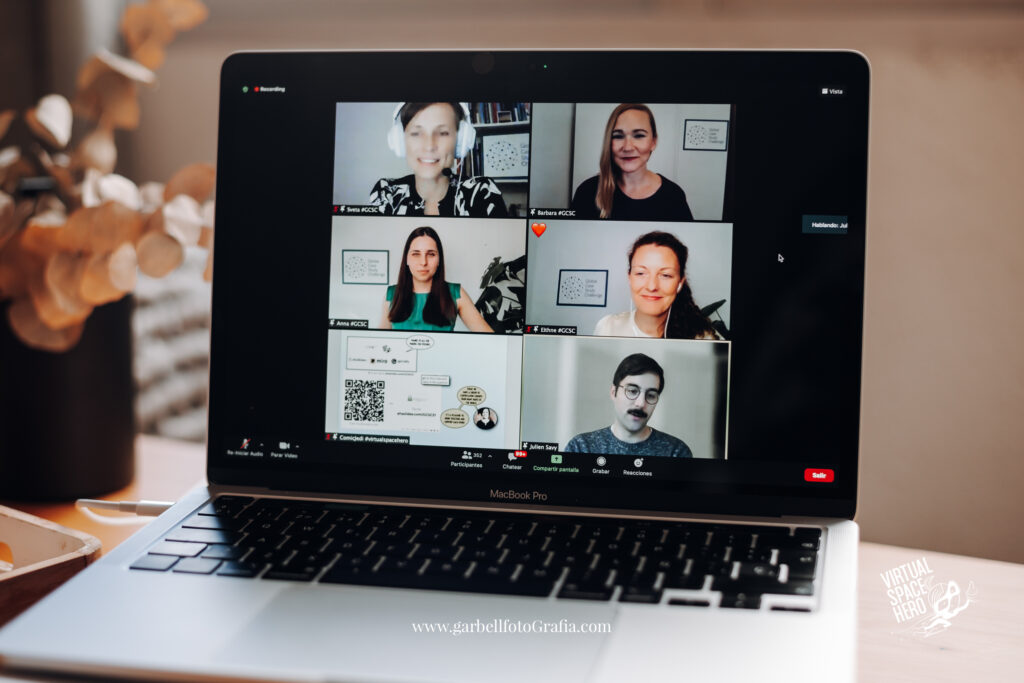Is the multi-billion personal development industry posing a threat to Higher Educational Institutions (HEIs)?
Maybe we should turn this question around and ask ourselves whether we’re doing enough at HEIs to promote students’ self-growth as part of the student journey? Could we better serve students – and the world?
There has been a lot of discussion recently about higher education and the need for post-pandemic education to radically transform to endure in an uncertain and changing world.
In many contexts HE has become inaccessible, it not effectively nurturing learning, and relies too much on traditional knowledge. Some experts argue that higher education is experiencing an existential crisis, with personal development platforms like Mindvalley claiming that no one will need a university degree from 2025 on! Mindvalley founder, Vishen Lakhiani, is on a self-professed mission to transform global education and replace college and is claiming to have designed a new educational model that will provide anyone across the globe with better advantages than a Harvard degree (somewhat paradoxically by also promoting mindvalley programs using Harvard experts).
But what does the mindvalley world of personal and professional development offer as part of their “radical” new vision?
- A customized curriculum that promotes self-directed learning
- Decentralized campus
- Future connections
- Mindset over skillset
- Specific career-related skills
- Intergenerational teaching and learning
- Accessibility and affordability
What can HEIs learn from the multi-billion personal development industry?
Firstly, personal and professional development are now so enmeshed that it is impossible to think of them separately. HEIs would do well to remember this and embed more self-awareness, self-development and self-leadership into all curricula.
Secondly, educational institutes must focus on making education inclusive and accessible (becoming more conscious of socio-economic and other inequalities).
Thirdly, HEIs should continue to develop global mindsets and global connections to promote shared and collaborative exchange – this can easily be achieved, for example, through increased virtual exchange programs and the sorts of inter-institutional alliances promoted through European University Initiatives (EUIs).
Fourthly, to respond to the needs of constantly changing and ‘specific career-related’ skills, HEIs need to focus on teaching boundary-crossing and enduring skills that are relevant for changing, uncertain and new contexts.

This is exactly what the female-led Global Case Study Challenge (GCSC) team is striving to do. As conscious leaders and pracademics – combining research, teaching and practice – we’re looking at the ‘what’ when it comes to curriculum – recognizing the crucial importance of future career-oriented global work competencies, focusing on developing diversity competency, digital communication competency and sustainability competency through real-life experiential learning. Considering the ‘how’, we apply new virtual design and facilitation pedagogy (and train other educators to do the same). In relation to the ‘when’ and the ‘where’, we provide live synchronous content appropriate to different time zones and combine it with asynchronous learning and teaching, using the best technological training tools available. Most importantly is of course the ‘whom’ we’re teaching, learning, and collaborating with. At GCSC we bring together global learners and educators in an inclusive manner, making our program as accessible and sustainable as possible.
Passion drives our purpose; the future guides our mission; innovation, co-creation and collaboration transform our learning.
How are you serving your students – and the world? Isn’t that what education is all about?

